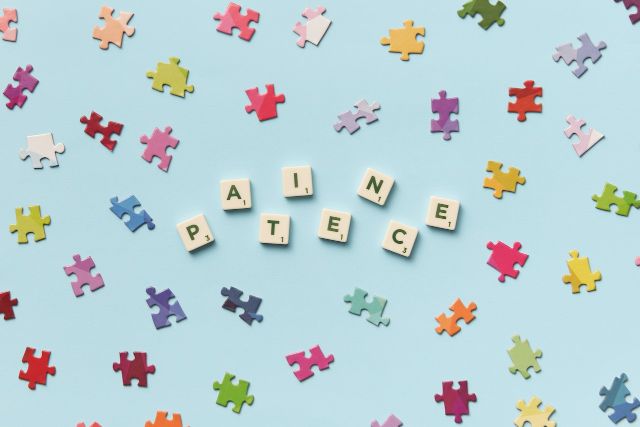
Finding Strength in the Journey.
Our well-being depends on our mental health, and while we work to keep things stable, relapses can still happen. After a time of improvement, a mental health relapse is characterized by a setback or a recurrence of symptoms. Relapse is a common aspect of the road to recovery, despite how demoralizing and overwhelming it can seem at times. We will discuss the idea of mental health relapse in this blog, as well as potential triggers, coping mechanisms, and the significance of getting help.
Understanding Mental Health Relapse.
Recurrence or aggravation of symptoms linked to a mental health illness constitutes a mental health relapse. It may manifest itself in a number of ways, including sadness, anxiety, bipolar disorder, or other illnesses. To effectively handle recurrence, it is imperative to recognize its symptoms. A rapid shift in mood, an increase in irritation, a withdrawal from social activities, disturbed sleep patterns, or a drop in self-care practices are typical warning signs.https://www.emoneeds.com/mental-health-relapse-prevention-at-home/

Identifying Triggers and Warning Signs.
Relapse triggers might differ from person to person and are frequently present. Knowing your triggers is essential to controlling or preventing relapses. Stressful life events, significant transitions, a lack of self-care, non-compliance with medication, substance addiction, or a change in habit are a few examples of common triggers. You can take preventative measures to lessen their negative effects on your mental health by identifying these triggers and spotting the warning symptoms.https://fherehab.com/news/5-mental-health-relapse-triggers-everyone-should-know-about/
Coping Strategies during Relapse.
Selfcare:Prioritize self-care activities that help you unwind, such as practicing mindfulness, taking up a hobby, going on nature walks, or indulging in joyful and peaceful pursuits.
Reach Out for Support: When you experience a relapse, don’t be afraid to rely on your support system. Discuss your feelings with a close friend, relative, or therapist who you trust. They can offer helpful advice, support, and a sympathetic ear.
Professional Assistance: It could be necessary to seek professional assistance if you detect persistent or severe symptoms. You can get over the difficulties with the aid of mental health professionals, who may also change your treatment plan as necessary.
medicine Management: If you take medicine, make sure you take it exactly as directed. If you have questions regarding the effectiveness of your medication or possible adverse effects, speak with your doctor.
Practice mindfulness and relaxation techniques.Exercises that promote relaxation include deep breathing exercises, meditation, yoga, and guided imagery. Practice mindfulness and relaxation techniques. These methods can aid in calming down and reducing tension.https://www.refinery29.com/en-us/2020/10/10084710/how-to-cope-with-mental-health-relapse

Embracing the Journey and Seeking Growth .
Patience and Acceptance: Keep in mind that setbacks are a typical aspect of the healing process. Be kind with yourself and work on this. Accepting that relapses can occur and concentrating on the actions you can take to go ahead are both crucial.
Learning from Relapse: Every relapse presents a chance for development and introspection. Consider the elements that might have caused the relapse, look for any patterns or triggers, and utilize this information to create a more effective relapse prevention strategy.
Building Resilience: It takes resilience to recover from a relapse. Work on acquiring coping mechanisms, upholding a healthy lifestyle, and creating a network of people who can assist you when things go tough. Keep in mind that building resilience takes time, and even tiny advancements count as progress.https://www.choicesinrecovery.com/strategies-for-success/mental-health-relapse-management.html

Conclusion.
Relapses in mental health can be demoralizing, but they do not define your path to recovery. You can overcome relapses with fortitude and perseverance by comprehending the notion of relapse, recognizing triggers, putting coping mechanisms into practice, getting help, and embracing personal progress. Keep in mind that healing is a process.https://www.choicesinrecovery.com/strategies-for-success/mental-health-relapse.html

